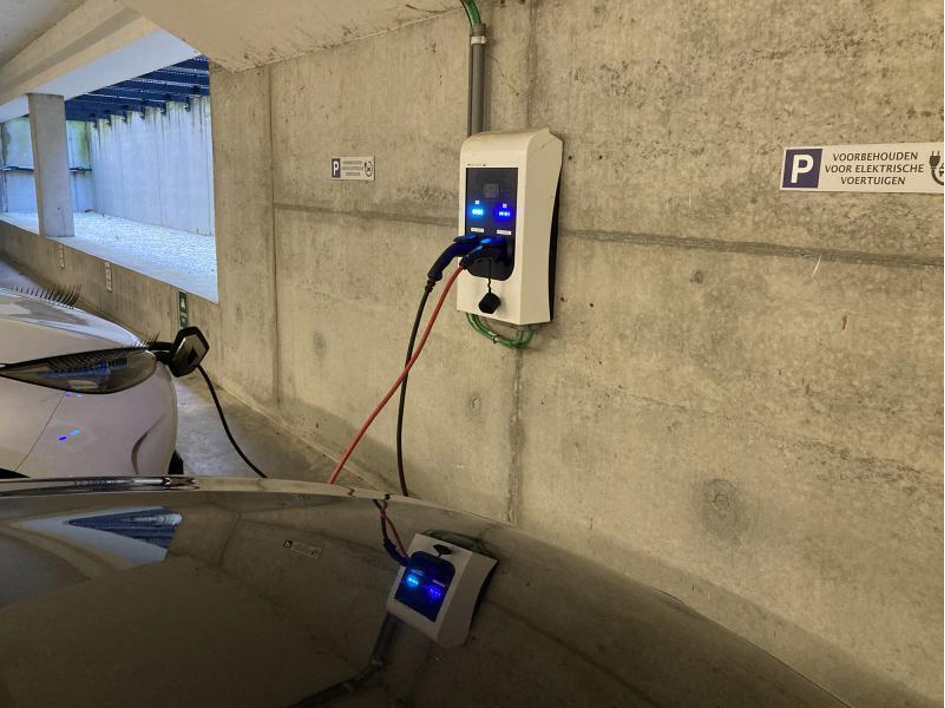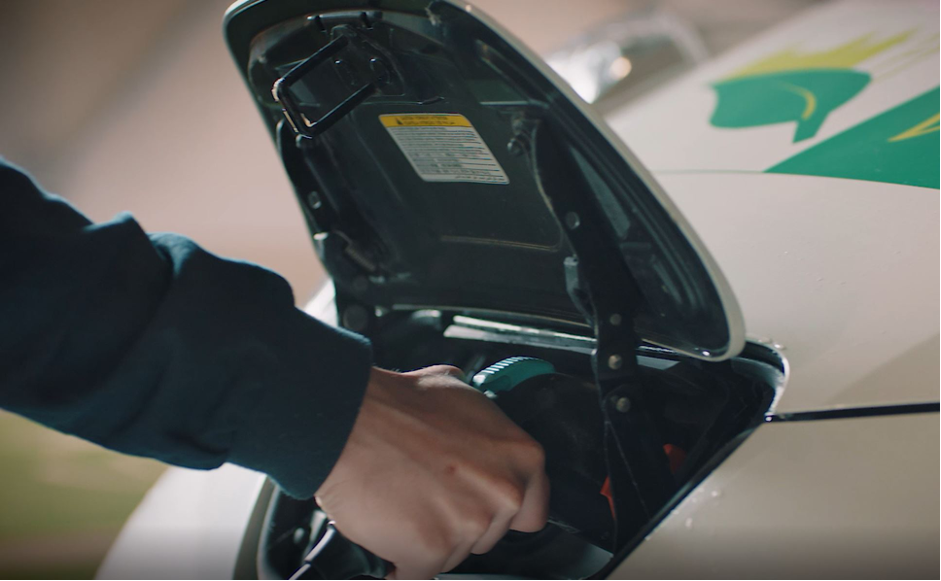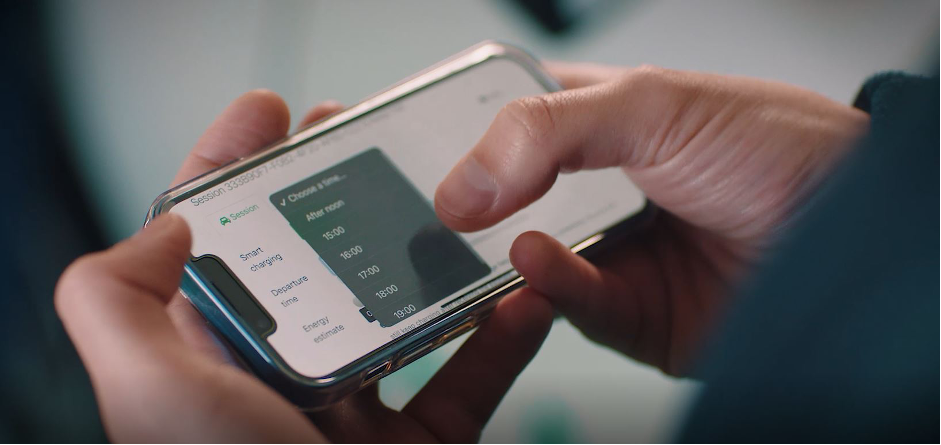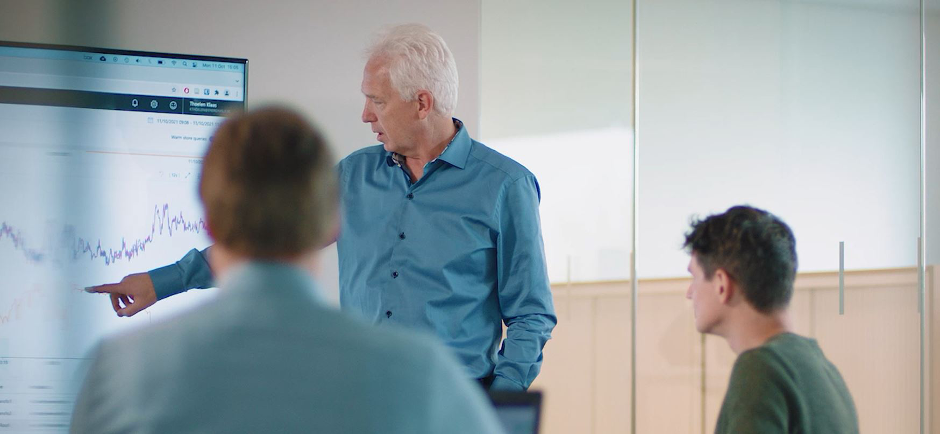ConnectSME
The ConnectSME project supported SMEs in testing their sustainable energy technologies. In this Interreg Flanders-Netherlands project, five Dutch small or medium-sized companies (SMEs) received vouchers to assess the feasibility of implementing their technology in the Open Thor Living Lab. Three of these companies also received a second voucher, enabling them to effectively demonstrate the technology in the Open Thor Living Lab.
To achieve the climate goals, it is crucial for sustainable technological innovations to reach the market more quickly. However, before products can be rolled out, they need to be demonstrated, preferably in a real-life environment. This approach proves the relevance of a technology and reduces risks for investors and other stakeholders.
Stimulating Collaboration between companies and living labs
With a consortium of six living labs and two clusters, the ConnectSME project facilitated demonstration projects for sustainable technological innovations in Flanders and South Netherlands. The living labs provided a development and demonstration environment for innovative technologies within a user-centered, open innovation ecosystem. SMEs could apply for vouchers, which provided them with advice and the opportunity to demonstrate and develop their innovation in these physical testing environments.
During the first phase, 28 innovation projects were selected, each receiving an “in-kind” voucher worth €10,000. This voucher funded the study activities carried out by the project partner and analysed the impact and added value of integrating the technology into the living lab. As a result, 15 company technologies were selected for the second “integration” voucher worth €40,000. With this second “in-kind” voucher, the 15 selected companies received support from the project partners in integrating their technology into the living lab, and the pilot projects were effectively implemented. The knowledge gained within ConnectSME allows for further development of these technologies, with the aim of accelerated market introduction in Flanders.
EnergyVille’s contribution
VITO/EnergyVille was the only partner from Limburg (Belgium) in the project and served as the point of contact for the Open Thor Living Lab within ConnectSME. VITO/EnergyVille primarily focused on technical and economic (market) optimisation strategies for smart charging, integrated with building energy management.
Testing in the Open Thor Living Lab
The Open Thor Living Lab provides an ideal environment for demonstrating such technologies before their market rollout. It encompasses all the buildings at Thor Park (including the research laboratories of EnergyVille), the social neighborhood of Nieuw Texas, the garden city in Waterschei, and the stadium of KRC Genk. The Open Thor Living Lab also features an innovative district heating network, a direct current grid, and an advanced data platform—all designed to optimise the use of available energy and test and demonstrate future technologies.
Smart Charging of Electric Vehicles
Our energy future will be characterised by the widespread electrification of our vehicle fleet, with company cars leading the way. This presents challenges for companies and the electricity network as a whole. Simultaneous charging of many vehicles can create network peaks that may lead to potential outages. Smart charging, or flexible charging, is one of the potential solutions to avoid this issue. Going a step further, vehicle-to-grid allows electric vehicles not only to charge but also to supply energy back to the grid, thereby relieving the electricity network during peak moments.
Flanders aims to continue promoting vehicle electrification, and smart control of charging sessions is essential in this regard. Within the framework of the ConnectSME project, new technologies related to smart charging of vehicles were tested at Thor Park in Genk. Five SMEs developing energy technologies related to electric charging were supported through vouchers.
BLOwN, voucher 1, studied the feasibility of installing a vertical axis wind turbine, a “flag turbine”. DutchCharge, in a voucher 1 project, explored the feasibility of installing a CityCharge—a combination of a lamppost and charging point—in the Open Thor Living Lab. Unfortunately, due to a longer duration than the ConnectSME project, the flag turbine and CityCharge were not demonstrated in the Open Thor Living Lab. However, One2Charge, PIA Automation, and Zonnova successfully implemented their projects through voucher 2, following a successful voucher 1 project.
Three test projects demonstrated
In the One2Charge project, EnergyVille/VITO tested the practical installation of a charging island with central payment functionality, intelligent control of charging points and integration with the SmarThor IT platform. “In the experiment, the user of the electric vehicle could adjust his desired charging preferences in function of the final price to be paid for the charging session. These preferences include, for example, the desired amount of energy, the expected departure time, and the charging flexibility. Together they determine the final price. A major focus was also placed on the user experience. A clear user interface allows you to easily set the charging preferences and take note of the resulting rate. This enables the operator of a charging park to gain insight into consumer behavior in function of the proposed pricing,” says Peter van der Zijde, director at One2Charge.
Zonnova advises companies and local authorities on achieving more sustainable energy consumption, both in terms of solar panels and car-sharing. As electric cars spend more time parked than on the road, they can serve as mobile batteries to deliver energy services. Car-sharing provides accurate usage estimates and is professionally managed, making it easier to reach agreements. Therefore, car-sharing is particularly suitable for energy services. EnergyVille/VITO expanded the smart charging station at EnergyVille 1 with a vehicle-to-grid (V2G) charging station for Zonnova. By utilising the V2G capability, Zonnova can increase self-consumption of solar energy and take advantage of low hourly electricity prices.
StreetPlug, an innovative underground charging station for electric vehicles developed by PIA Automation from Tholen (Netherlands), focuses on sustainability in both conventional and underground charging stations. Both types of charging stations are made of stainless steel, ensuring a long lifespan. The underground charging station has additional inherent benefits, such as avoiding “visual pollution” in the streetscape and better resilience against vandalism. The underground charging station has generated considerable interest from Dutch cities and municipalities in recent years, and its rollout is underway. Through ConnectSME and EnergyVille/VITO, insights into the market dynamics surrounding charging infrastructure in Flanders have been gained. For underground charging stations, smart charging is just as crucial as with conventional charging stations, and EnergyVille/VITO demonstrated the integration and functionality of a StreetPlug charging station within the smart charging platform at EnergyVille. With the knowledge built within ConnectSME, further development of StreetPlug can be pursued, expediting market introduction in Flanders.
This project was supported by:




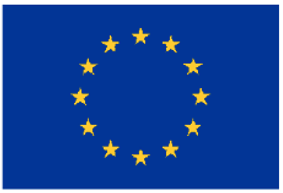
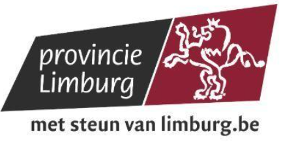
ConnectSME is one of the projects that receives funding from the Interreg V programme Vlaanderen-Nederland. From 2014 to 2020, the European Commission has made 152 million euros available for the Interreg programme. This comes through the European Fund for Regional Development for cross-border cooperation, reinforcing and promoting innovation and sustainable development in the border region. To this end, a partnership between Flanders, the Netherlands, the five Flemish provinces and the three Dutch ones has developed a programme to invest in smart, sustainable and inclusive growth.
Partners
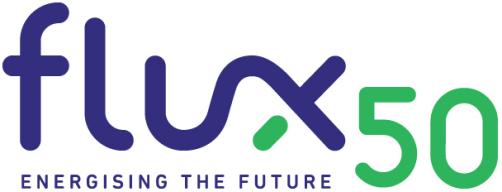






Other interesting material:
